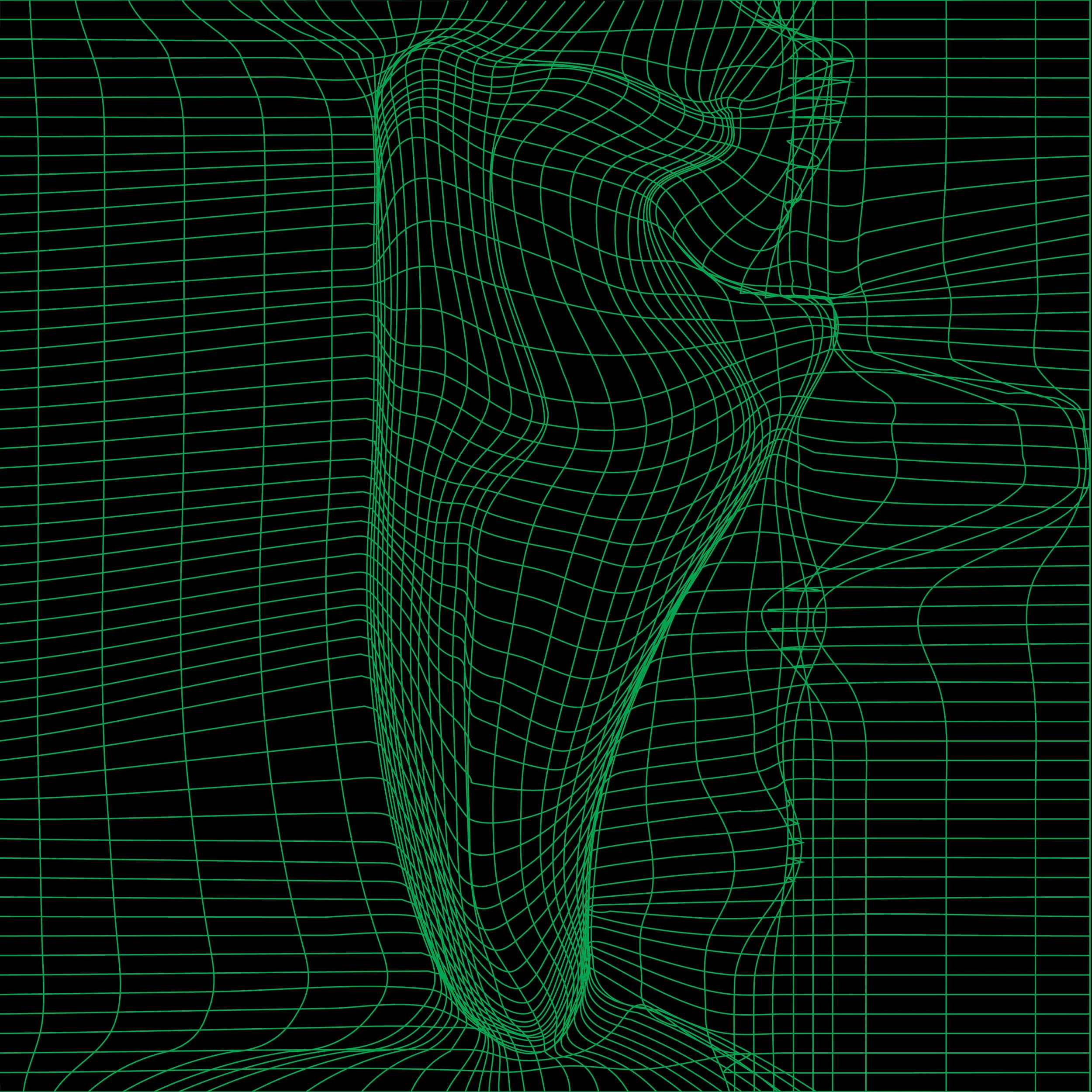The Retail Market
How can the footwear industry secure growth- amidst a failing retail sector, while designing for the evermore informed and discerning customer?
The struggles of the retail market and increasing need for exclusive product can be solved through the integration of advanced technologies into the footwear design process. Brand-focused and unique products result from company specific genetic algorithms that scrape and analyze the digital footprint of ideal consumers to inform future brand progression. Ultimately, these generative design tools provide designers with automated product iterations for optimized inspiration.
According to real-estate research firm, Cushman and Wake, between 2010 and 2013 alone, mall visits declined 50%.
According to an industry report from IBISWorld, from 2011 to 2016, online shoe retail revenue increased by an annualized rate of 16%.
Generative Design Case Studies
Adidas Futurecraft
Using generative design tools for performance analysis and structure generation, Adidas creates optimized geometries and 3D prints sneaker midsoles.
United Nude x Zaha Hadid
Collaborating with architect Zaha Hadid- dutch footwear brand, United Nude uses generative design tools to create new, previously incalculable forms.
Consumer Analysis
Consumer Selection
Brand meta-designers possess the unique ability to trace targeted consumer’s digital interactions with footwear product. A brand begins by selecting influencers or consumers for data collection. Targeting consumers who have already purchased a product from the given brand provides a validated data pool.
Data Scrapping Protocol
The following three flowcharts outline three different iterations of the sources and protocols for a data-scraping algorithm to gather images. As shown, brands can develop different algorithms for product categories: for instance, prioritizing performance for an on-field division, or margins for off-price.
Generative Design Script Flow
The images scraped from the target consumers are processed in a generative design script to provide designers with visual inspiration. The flowchart below outlines the steps needed to process the scrapped image data into a functional, useable, 3D geometry. Footwear design teams would use the rendered meshes as inspiration, allowing the design vision to remain more closely aligned to brand needs.






